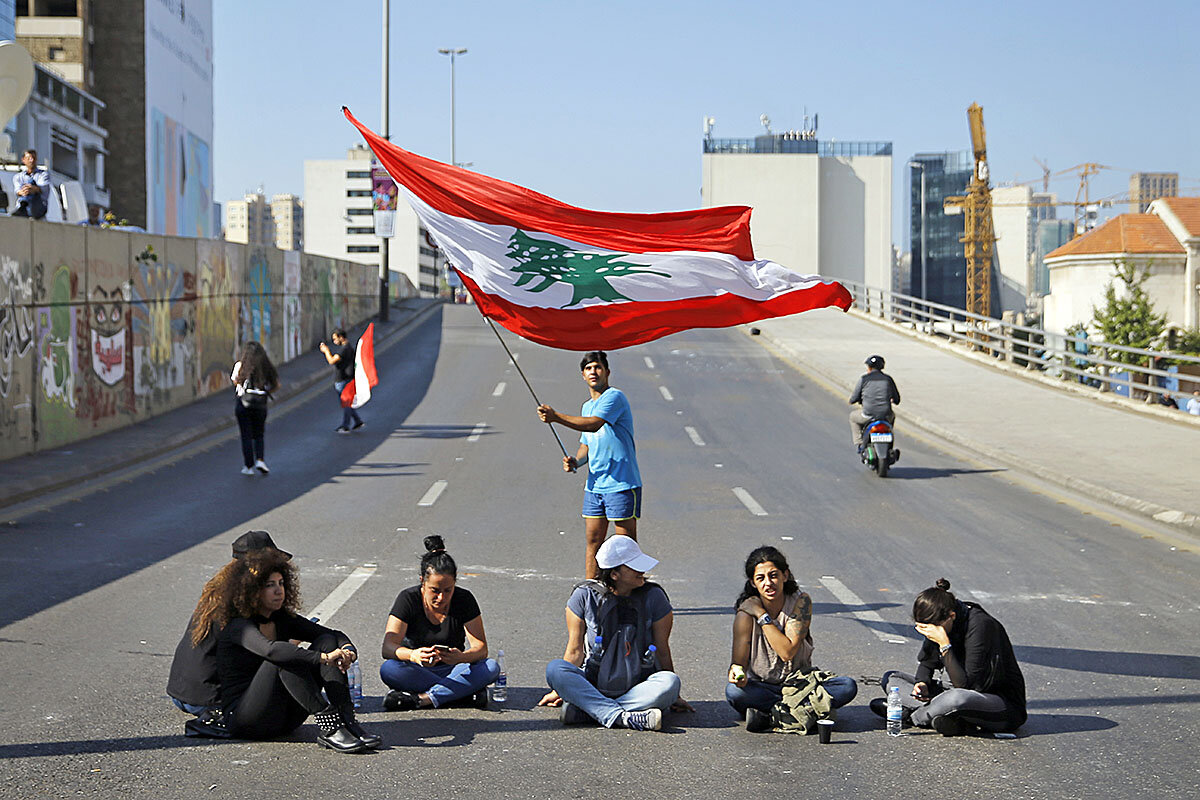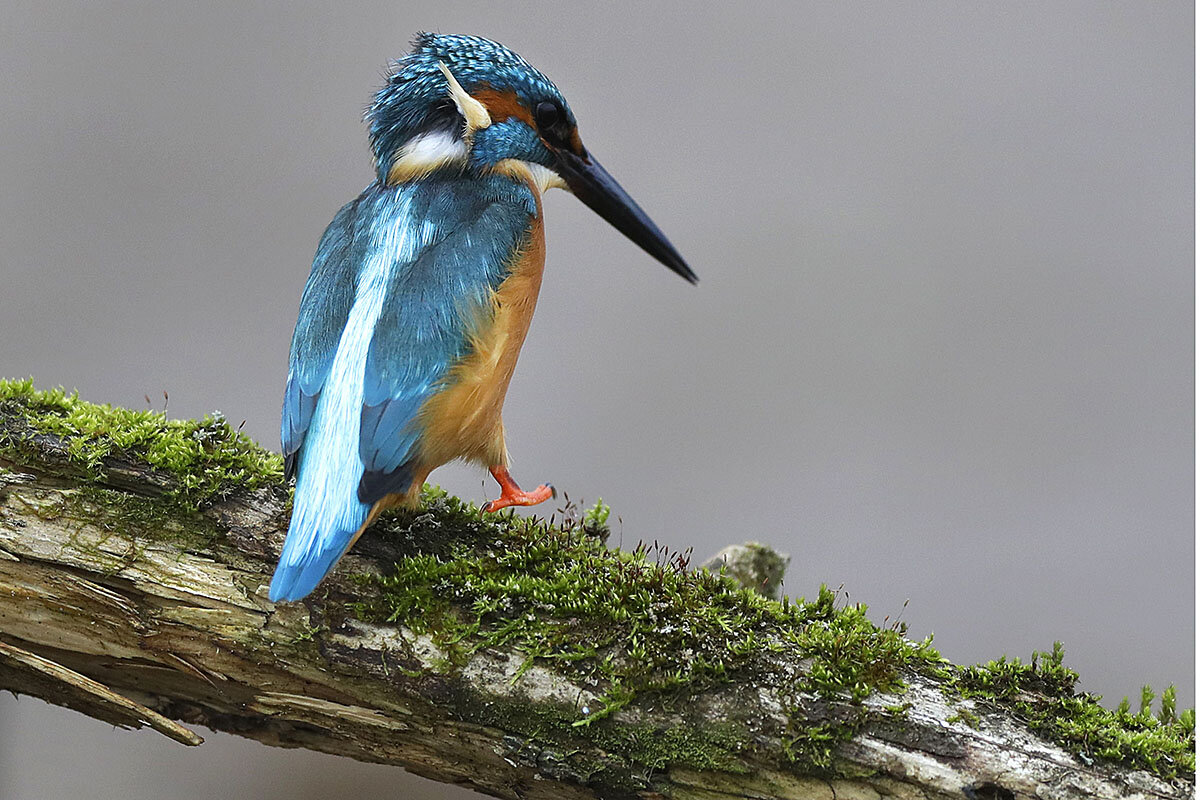A reader writes: “It is very difficult for me to understand why all of the energy in Congress is being spent on impeachment when there are so many issues in our country to deal with.” Our Washington bureau chief, Congress reporter, and senior Washington writer met to discuss that and other issues related to the inquiry.
Monitor Daily Podcast
- Follow us:
 Stephen Humphries
Stephen Humphries
Welcome to your Daily. Today’s offerings include a conversation between three writers in our Washington bureau about the impeachment inquiry, a window into the protests in Lebanon, why a Kentucky election has national portent, lessons from France’s summer heat wave, and how a puppet festival has animated children and adults alike.
But first, let’s turn to a story about my country of origin.
As a child growing up in South Africa, Makazole Mapimpi walked 7 miles a day to get to school. During Saturday’s Rugby World Cup final, those powerful legs gave Mr. Mapimpi the torque of a cheetah as he helped a racially diverse, underdog South African team defeat England.
For South Africa, it’s more than a sports victory. It’s revived the fading colors of a “rainbow nation” beset by crime, corruption, unemployment, and violence against immigrants.
“We are not playing for ourselves anymore. We are playing for the people back home,” said the team’s first black captain, Siya Kolisi.
The similarities to the 1995 Rugby World Cup – when Nelson Mandela famously encouraged racial unity by wearing the uniform of what was then a predominantly white sport – helped coach Rassie Erasmus see the game in a wider perspective.
“In South Africa pressure is not having a job. Pressure is one of your close relatives being murdered. South Africa has a lot of problems and we started talking about how rugby shouldn’t be something that puts pressure on you,” said Mr. Erasmus. “It should be something that creates hope.”
For one weekend, people who disagree with each other put aside their differences to celebrate.
“We love you South Africa,” said Mr. Kolisi. “We can achieve anything if we work together as one.”










